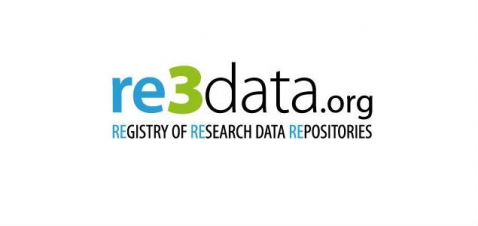6 posts found
PET technologies: how to use protected data in a privacy-sensitive way
As organisations seek to harness the potential of data to make decisions, innovate and improve their services, a fundamental challenge arises: how can data collection and use be balanced with respect for privacy? PET technologies attempt to address this challenge. In this post, we will explore what…
Common misunderstandings in data anonymisation
Data anonymisation is a complex process and often prone to misunderstandings. In the worst case, these misconceptions lead to data leakage, directly affecting the guarantees that should be offered to users regarding their privacy.
Anonymisation aims at rendering data anonymous, avoiding the re-ident…
Open image repositories for training AI models
Perhaps one of the most everyday uses of artificial intelligence that we can experience in our day-to-day lives is through interaction with artificial vision and object identification systems. From unlocking our smartphone to searching for images on the Internet. All these functionalities are possib…
The importance of anonymization and data privacy
We are in a historical moment, where data has become a key asset for almost any process in our daily lives. There are more and more ways to collect data and more capacity to process and share it, where new technologies such as IoT, Blockchain, Artificial Intelligence, Big Data and Linked Data play a…
Examples of uncommon open data repositories
Beyond public administrations, libraries, museums and cultural foundations data, the interest in open data knows no borders. We invite you to discover it in this post.
Normally, the concept of open data is associated with those repositories managed by public administrations, foundations and cultural…
Research data repositories: re3data.org
The research data is very valuable, and its permanent access is one of the greatest challenges for all agents involved in the scientific world: research staff, funding agencies, publishers and academic institutions. The long-term conservation of data and the culture of open access are sources of new…





